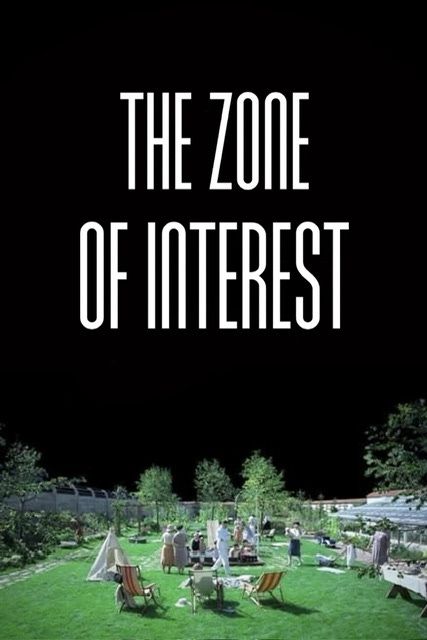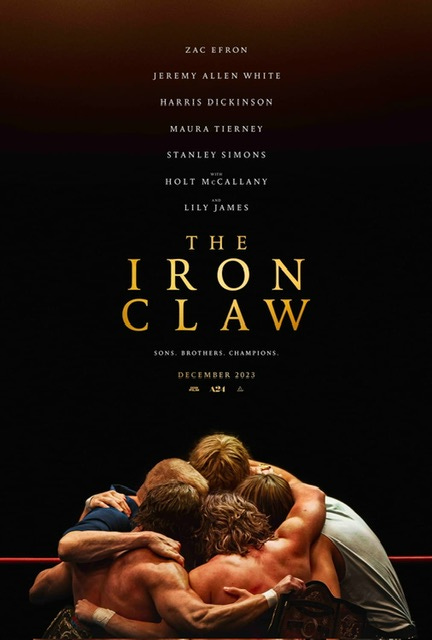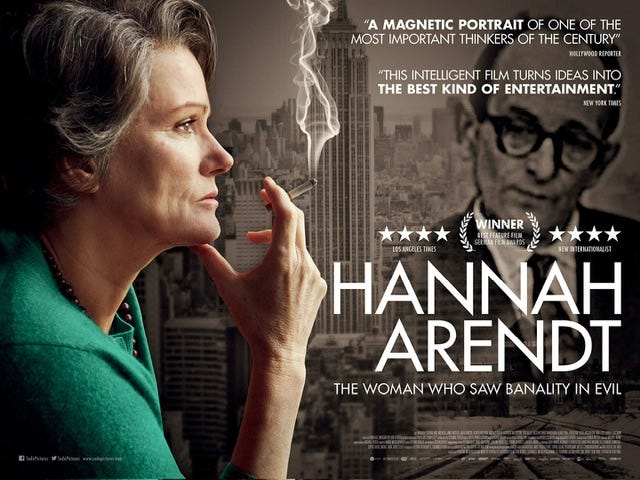The Zone of Interest, an abstract, slice-of-life film by Jonathan Glazer, features Christian Friedel and Sandra Hüller as a married couple living by the Nazi philosophy at home next to the death camp run by the husband. This overproduced, overestimated film—Steven Spielberg praised it as one of the greatest Holocaust movies—hinges on sight and sound. It’s an immersive movie from start to finish.
The movie, which has been praised for depicting Nazis as being able to be happy in spite of their atrocities, shows Nazis as the folks next door. Glazer’s disinterested in National Socialism and his movie’s ultimately uninteresting. Beginning with an extended silence, as the screen goes black, he attempts to make the story of Friedel’s mundane Nazi—who’s designing a more efficient death camp—and his family absorbing by making the movie bizarre. Its pretentiousness explains the critical praise among today’s polluted Western intellectuals, including Mr. Spielberg, whose Schindler’s List, as I wrote in my anniversary review, is severely overestimated.
Certain aspects of The Zone of Interest, based on a book by Martin Amis, can be of interest. In particular, possibly through no effort or intention by the filmmaker, the movie shows the Nazi philosophy. Nazis, like environmentalists, claim to worship the earth. Accordingly, the parents take the kids to the riverfront for boating, fishing and swimming. The nature-obsessed mother cultivates, brags and spirals over roses, birds and a greenhouse. Family—not the individual—is the center of life. Nazis, too, herald eating kale. The wife’s proud to be known as the “queen of Auschwitz.”
Altruism and its vacancies abound. Art in the house is limited to portraits of horses and Hitler. A dog roams amid the orderly nihilism as the wife and her mother grope for looted diamonds, lipstick and fur coats and gripe about “all these weeds” and comment on “clever Jews.” A letter references putting “theory into practice” and core Nazi—and any statism—concepts, such as glorifying sacrifice and struggle, are voiced. Friedel and Hüller deliver good performances.
In one of the most chilling scenes, the wife’s touring the home—with its yard in the sun in plain view of the death camp watch tower, barbed wire and incessant smoke from incinerating Jews—with her mother. Presenting her domain, she boasts to the parent: “This is all us.” For two hours, The Zone of Interest (like Schindler’s List and most Nazi horror films) is an exercise in antagonism to wanting to know why.
Related Links and Articles
Movies: Anatomy of a Fall
Anatomy of a Fall gets me thinking. This is an all-encompassing motion picture. Its characters, plot and theme stimulate, stir and soothe all at once in waves. At times, it’s an edge-of-the-seat, intellectual thriller. The movie’s sharp, visceral, emotional, psychological and extremely challenging. It’s likely to get you thinking, too.
Movies: The Iron Claw (2023)
The Iron Claw’s more truthful about the Texas-bred religionism of sports and hyper-masculinism than Friday Night Lights and all that sort of lore. The Iron Claw lies about how it all plays out and there are scads of problems with the plot and characters. The Von Erich family legend may or may not be true to what’s portrayed in
Movies: Hannah Arendt
The 2013 German film directed by Margarethe Von Trotta, Hannah Arendt, dramatizes a Jewish intellectual woman who escaped Nazi Germany, wrote a book about the origins of totalitarianism and covered a Nazi’s trial for the New Yorker after having an affair with a philosopher whose ideas made Nazi Germany possible.
Podcast: Anatomy of a Fall
Anatomy of a Fall gets me thinking. This is an all-encompassing motion picture. Its characters, plot and theme stimulate, stir and soothe all at once in waves. At times, it’s an edge-of-the-seat, intellectual thriller. The movie’s sharp, visceral, emotional, psychological and extremely challenging. It’s likely to get you thinking, too.









I wanted to comment on Anatomy of a Fall. One of the smartest movies in recent memory! I watched it twice and noticed that my attitude toward Sandra and her son transitioned from sympathy to active admiration. These two never wavered in their commitment to reality and the truth, always holding themselves and others to a high standard of rationality. (BTW, I am happy I will never have to defend myself in a French court!)
I think I'll pass on watching Zone of Interest. Your description reminded me of Killers of the Flower Moon. At first, I thought Moon was conveying the banality of evil. But to understand the banality, you first must understand the evil. Flower Moon portrayed evil as ordinary, something anyone might do, merely as an aspect of circumstance. And in the end, the evil-doers got to live. I thought it was morally outrageous, and Zone sounds similar. So I'll move on.